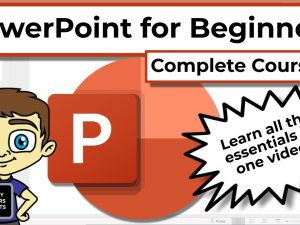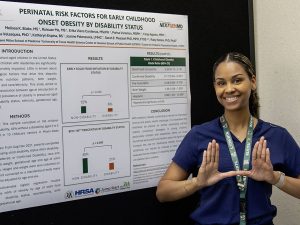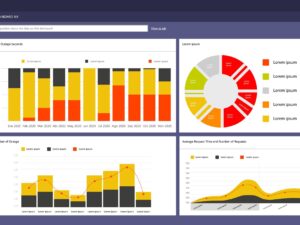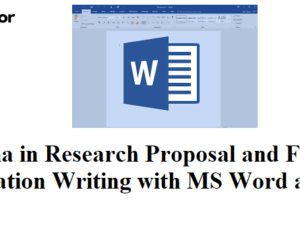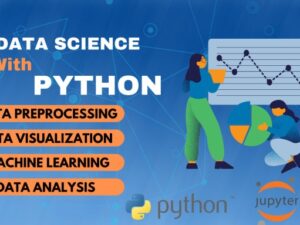Diploma in Practical Research Methods and Data Analysis: SPSS, Stata, NVivo, and Referencing Tools
- Description
- Curriculum
- FAQ
- Notice
- Reviews
- Grade
This course is a step-by-step guide to mastering research methods and data analysis in the most practical way. Whether you are a student working on your first research project or a professional looking to improve your skills, this course is designed to make research simple and useful for you. You will learn how to start with an idea, ask good questions, and turn those questions into a full research project.
We focus on tools that make research easier and faster. You will use SPSS to organize and analyze numbers, Stata for more advanced data work, and NVivo to make sense of interviews, surveys, and written text. For referencing and citations, you will learn how to use EndNote, a tool that keeps your sources tidy and saves you hours of work.
At every stage, you will practice what you learn. You’ll clean data, create graphs, test ideas, and write reports. By the end of this course, you won’t just understand research—you’ll know how to do it well. You’ll have skills that you can use in school, in work, and even to solve real-world problems.
This course doesn’t just teach you facts. It gives you the confidence to say, “I can do research, and I can do it right.” Whether you’re writing a paper, solving a community problem, or making decisions based on data, this course will prepare you to do it like a pro.
-
1Module 1: Introduction to Research13:39
-
2Reading MaterialsText lessonThis lesson is locked because you haven't completed the previous one yet. Finish the previous lesson to unlock this one.
-
3Practical Assignment for Lesson 1: Introduction to ResearchAssignmentThis lesson is locked because you haven't completed the previous one yet. Finish the previous lesson to unlock this one.
-
4Zoom on Module 1: Introduction to Research12This lesson is locked because you haven't completed the previous one yet. Finish the previous lesson to unlock this one.
-
5Quiz for Module 1: Introduction to Research5 questionsThis lesson is locked because you haven't completed the previous one yet. Finish the previous lesson to unlock this one.The quiz aims to test your understanding of the concepts covered in Module 1 and how well you can apply them to practical, real-world scenarios.
-
6Research Topic5 minutesThis lesson is locked because you haven't completed the previous one yet. Finish the previous lesson to unlock this one.
This module will help you choose a topic for your research. By the end, you will know how to pick a subject you are interested in, find a specific problem to explore, and create a clear research question.
-
7Practical TaskAssignmentThis lesson is locked because you haven't completed the previous one yet. Finish the previous lesson to unlock this one.
-
8Identifying research interests and narrowing a topic4:34This lesson is locked because you haven't completed the previous one yet. Finish the previous lesson to unlock this one.
This module will help you select a meaningful and manageable research topic. Through practical examples and step-by-step guidance, you will learn how to identify your interests, find a problem, narrow your topic, and develop a clear research question.
-
9Finding Your Research InterestsFinding Your Research InterestsThis lesson is locked because you haven't completed the previous one yet. Finish the previous lesson to unlock this one.
This section helps you connect your personal interests and passions with a potential research topic. By exploring what matters to you, you’ll identify areas you genuinely want to study.
-
10AssignmentAssignmentThis lesson is locked because you haven't completed the previous one yet. Finish the previous lesson to unlock this one.
-
11Identifying a ProblemText lessonThis lesson is locked because you haven't completed the previous one yet. Finish the previous lesson to unlock this one.
This lesson explains how to find specific problems within your area of interest. A good research problem is something that needs to be solved or better understood.
-
12Which of these is a good research problem?1 questionsThis lesson is locked because you haven't completed the previous one yet. Finish the previous lesson to unlock this one.
-
13Narrowing Your TopicStream lessonThis lesson is locked because you haven't completed the previous one yet. Finish the previous lesson to unlock this one.
This live video teaches you how to focus a broad topic into a specific and manageable one.
-
14Narrowing down Research Topic1 questionsThis lesson is locked because you haven't completed the previous one yet. Finish the previous lesson to unlock this one.
-
15Formulating a Research QuestionText lessonThis lesson is locked because you haven't completed the previous one yet. Finish the previous lesson to unlock this one.
In this section, you will learn how to turn your narrowed research topic into a clear and focused research question. A research question is the foundation of any study—it guides what you will investigate and ensures your research stays on track. By the end of this section, you will be able to create a question that is specific, meaningful, and answerable.
-
16Formulate a research questionAssignmentThis lesson is locked because you haven't completed the previous one yet. Finish the previous lesson to unlock this one.
-
17Research Topic Selection Summary VideoVideo lessonThis lesson is locked because you haven't completed the previous one yet. Finish the previous lesson to unlock this one.
-
18Select and refine a research topic.1 questionsThis lesson is locked because you haven't completed the previous one yet. Finish the previous lesson to unlock this one.
-
19Research Topic Selection WorkshopZoom lessonThis lesson is locked because you haven't completed the previous one yet. Finish the previous lesson to unlock this one.
Join us for an interactive Zoom meeting designed to help you master the art of selecting a research topic. This workshop will guide you through identifying your interests, narrowing your topic, and formulating a focused research question. It’s an opportunity to ask questions, share ideas, and get personalized feedback on your progress.
Whether you’re unsure about your topic or want to refine your research question, this session is here to provide clarity and practical tips.
-
20Definition and Cencept of Research ProblemVideo lessonThis lesson is locked because you haven't completed the previous one yet. Finish the previous lesson to unlock this one.
-
21Lesson 1: What is a Problem Statement?20 MinutesThis lesson is locked because you haven't completed the previous one yet. Finish the previous lesson to unlock this one.
This lesson explains what a problem statement is, its role in research, and why it is a critical part of any study. You will learn how to define a problem and connect it to the goals of your research.
-
22Lesson 2: Components of a Problem StatementText lessonThis lesson is locked because you haven't completed the previous one yet. Finish the previous lesson to unlock this one.
This lesson breaks down the key components of a problem statement and shows how they work together to define a research issue.
-
23Lesson 3: Writing the Problem StatementText lessonThis lesson is locked because you haven't completed the previous one yet. Finish the previous lesson to unlock this one.
In this lesson, you will learn how to combine the six components into a complete and concise problem statement.
-
24ActivityAssignmentThis lesson is locked because you haven't completed the previous one yet. Finish the previous lesson to unlock this one.
-
25Lesson 4: Real-World ApplicationsText lessonThis lesson is locked because you haven't completed the previous one yet. Finish the previous lesson to unlock this one.
This lesson shows how problem statements are used in real-world research to highlight practical challenges and justify solutions.
-
26Lesson 5: Evaluating Your Problem StatementText lessonThis lesson is locked because you haven't completed the previous one yet. Finish the previous lesson to unlock this one.
Learn how to assess whether your problem statement is clear, relevant, and impactful.
-
27Lesson 6: Finalizing Your Problem StatementText lessonThis lesson is locked because you haven't completed the previous one yet. Finish the previous lesson to unlock this one.
Refine your problem statement to ensure it includes all key components and flows logically.
-
28Crafting and Evaluating Problem Statements6 questionsThis lesson is locked because you haven't completed the previous one yet. Finish the previous lesson to unlock this one.
-
29Research problem SummaryVideo lessonThis lesson is locked because you haven't completed the previous one yet. Finish the previous lesson to unlock this one.
-
30How to Write a Problem Statement in Four EasyVideo lessonThis lesson is locked because you haven't completed the previous one yet. Finish the previous lesson to unlock this one.
-
31Final AssignmentAssignmentThis lesson is locked because you haven't completed the previous one yet. Finish the previous lesson to unlock this one.
-
32Research VariablesVideo lessonThis lesson is locked because you haven't completed the previous one yet. Finish the previous lesson to unlock this one.
-
33Practical Quiz: Research Variables5 questionsThis lesson is locked because you haven't completed the previous one yet. Finish the previous lesson to unlock this one.Scenario for All Questions You are conducting a study to determine whether study hours affect student test performance. The research question is: "Does the amount of time spent studying improve students' test scores?"
-
34Zoom Workshop: Mastering Research Variables30 MinutesThis lesson is locked because you haven't completed the previous one yet. Finish the previous lesson to unlock this one.
This interactive Zoom workshop is designed to help participants master the concept of research variables. Through practical examples, discussions, and real-time activities, you will learn how to identify, define, and apply the six types of variables in your research. Whether you’re new to research or looking to refine your skills, this session will provide valuable insights and practical tools.
NOTICE TO ALL STUDENTS & PARTICIPANTS
We are excited to welcome you to the Diploma in Applied Research Methodology Using SPSS and Stata, a globally competitive skillset training program designed to provide hands-on expertise in research methodologies, data analysis, and academic writing.
This course is internally accredited and also recognized by APEX University in Uganda. Upon successful completion, students will be awarded a Certificate of Completion, enhancing their professional and academic credentials.
Key Announcements:
- The course runs for one to three months, depending on student engagement.
- Supervisors are available 24/7 via Zoom, Google Meet, WhatsApp, or the course platform for guidance and support.
- Payments can be made in two installments to ensure affordability for all learners.
- The first lesson is available as a trial, allowing students to experience the course before full enrollment.
- Refunds are available within the first seven days if a student wishes to withdraw.
- A dedicated student learning community is available for networking, collaboration, and peer discussions.
- The course is accessible worldwide, allowing students to learn from anywhere at their convenience.
We encourage all students to actively participate, complete the required modules, and take advantage of the supervised mentorship, real-world case studies, and hands-on exercises designed to make this course a transformative learning experience.
For any inquiries, technical support, or assistance, please reach out to your assigned supervisor or the course administration team using the contact details below:
📍 Juba, South Sudan: +211 922 709 131
📍 Jinja, Uganda: +256 760 195 194
📍 Pretoria, South Africa: +27 82 292 3504
📧 Email: info@r-academia.com | infor-academia.institute
We look forward to guiding you on your journey to mastering applied research methodologies and achieving professional excellence.
Best Regards,
Course Administration Team
Diploma in Applied Research Methodology Using SPSS and Stata
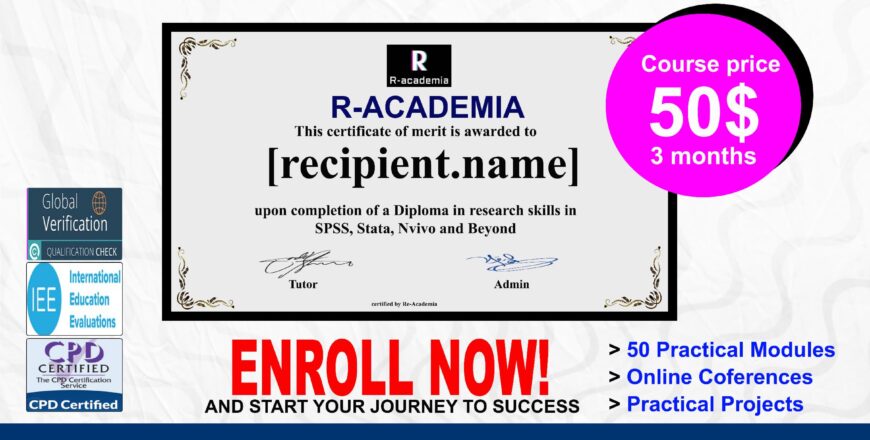
Popular Courses
Archive
Working hours
| Monday | 9:30 am - 6.00 pm |
| Tuesday | 9:30 am - 6.00 pm |
| Wednesday | 9:30 am - 6.00 pm |
| Thursday | 9:30 am - 6.00 pm |
| Friday | 9:30 am - 5.00 pm |
| Saturday | Closed |
| Sunday | Closed |
